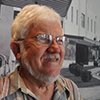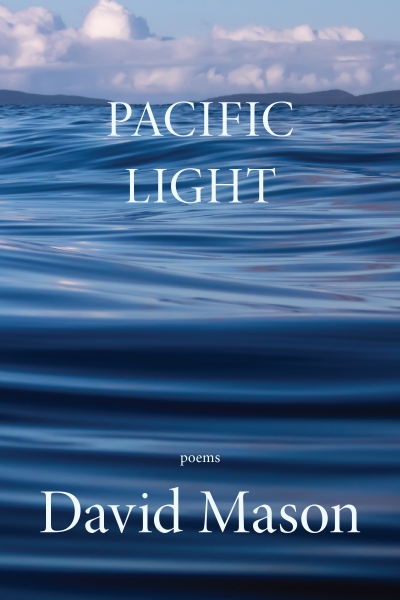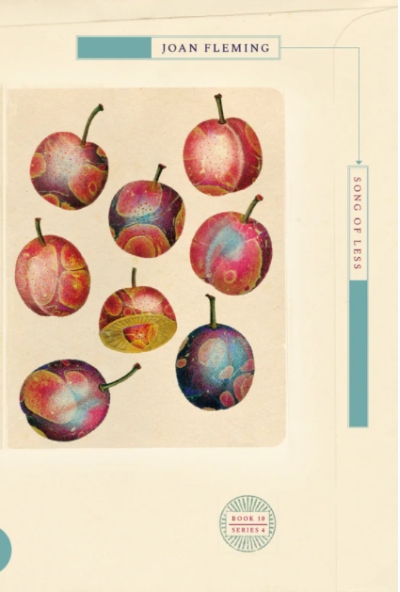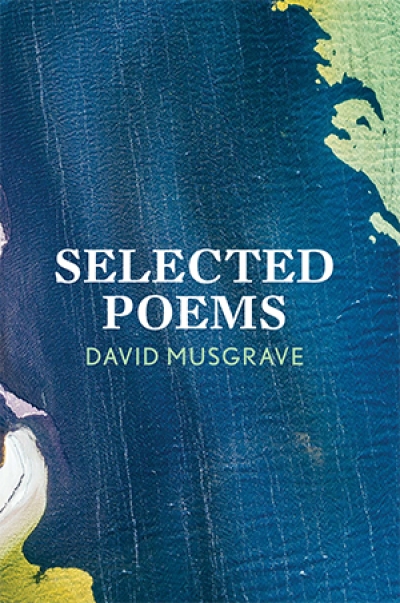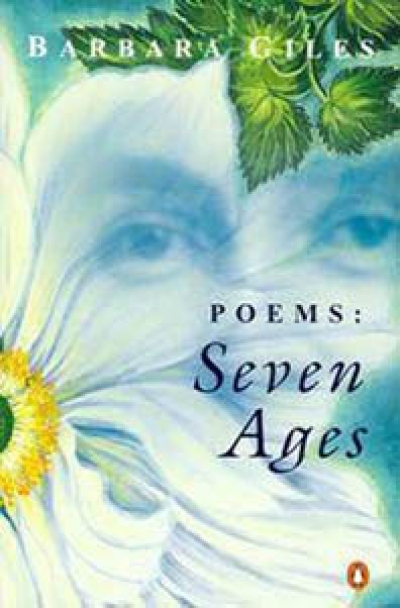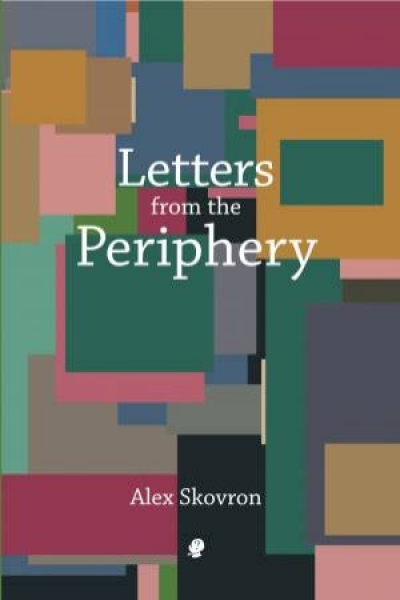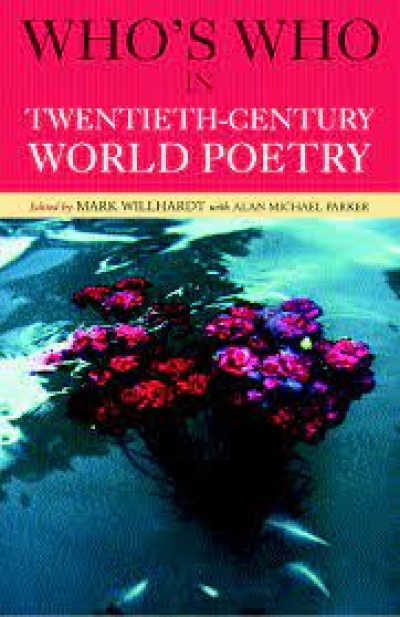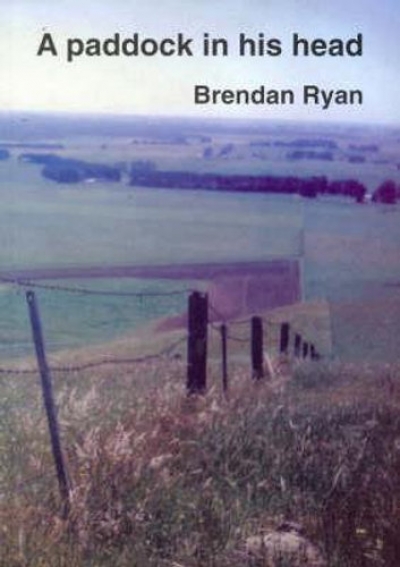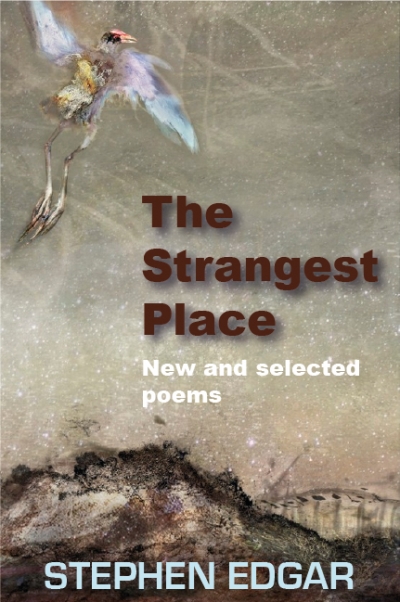Geoff Page
Geoff Page is based in Canberra. His books include 1953 (UQP 2013), Improving the News (Pitt Street Poetry 2013), New Selected Poems (Puncher & Wattmann 2013), Aficionado: A Jazz Memoir (Picaro Press 2014), Gods and Uncles (Pitt Street Poetry 2015), Hard Horizons (Pitt Street Poetry 2017) and PLEVNA: A Verse Biography (UWA Publishing 2016). He also edited The Best Australian Poems 2014 and The Best Australian Poems 2015 (Black Inc). His most recent books are in medias res (Pitt Street Poetry, 2019) and Codicil (Flying Islands Press, 2020)
Poet, essayist, and librettist David Mason grew up in Washington State, worked for many years in Colorado (where he became the state’s poet laureate) and a couple of years ago moved to Tasmania. Pacific Light, his new collection, is largely about that transition and his getting to know the landscapes and cultures of his new country.
While Mason is to be welcomed as an Australian poet (the ackno ... (read more)
In the years since Les Murray’s The Boys Who Stole the Funeral (1980) and Alan Wearne’s The Nightmarkets (1986), the verse novel has become, despite its inherent difficulties, an established literary form in Australian poetry (and fiction, for that matter). Verse novelist Dorothy Porter (1954–2008), with The Monkey’s Mask (1994) and other works, gave it further prominence. Steven Herrick i ... (read more)
It is disconcerting how the author of seven poetry collections can ambush the normally attentive reader of Australian poetry with such a forceful body of work as David Musgrave’s Selected Poems, which runs to more than two hundred pages. Musgrave’s individual collections have appeared with various publishers over the years since To Thalia back in 2004, but insufficient attention has been paid ... (read more)
It is a truism that poets don’t need to write their autobiography. Roland Barthes, with his ‘death of the author’, may have thought otherwise but in Barbara Giles’ new book, Poems: Seven Ages, published in her eighty-seventh year, there is no mistaking the autobiographical core.
Though neither the title nor the blurb suggests it, Poems: Seven Ages is really a ‘selected’. Giles has gon ... (read more)
To those who have followed Alex Skovron’s poetry since The Rearrangement (1988), it’s not a surprise to learn that he has been the general editor of an encyclopedia, a book editor, a lover of classical music and chess, an occasional translator of Dante and Borges, and the author of six well-spaced poetry collections, a stylish novella, and a collection of short stories. He can often seem the v ... (read more)
In his foreword to this reference work, Andrew Motion says that such books ‘exist to provoke argument’. In their preface, editors Willhardt and Parker suggest that ‘to compile such a volume as this may seem absurd; to do so successfully may be impossible’. Forewarned is forearmed, it would seem.
Despite all this, the book is useful – about the only adjective to which a reference work sh ... (read more)
There has been something of a fashion in recent years to dismiss what might loosely be called ‘rural’ poetry because the vast majority of Australians live in cities near the coast. Nevertheless, ‘rural’ poetry keeps appearing, and not just in the works of Les Murray. A considerable number of Australian poets are only one generation away from the land (even John Tranter was born in Cooma), ... (read more)
Stephen Edgar, over the past two decades or so, has earned himself an assured place in contemporary Australian poetry (even in English-language poetry more generally) as its pre-eminent and most consistent formalist. His seemingly effortless poems appear in substantial overseas journals, reminding readers that rhyme and traditional metre have definitely not outlived their usefulness.
Edgar’s Th ... (read more)
The American poet William Carlos Williams often admitted how much he owed to the ‘little magazines’ that first published him. As they lapsed in and out of existence, he regarded them all as essentially the one publication and was grateful for the lifeblood they gave his (at first unpopular) writing. It is to be hoped that Australian literary magazines of various political shades and aesthetic ... (read more)

